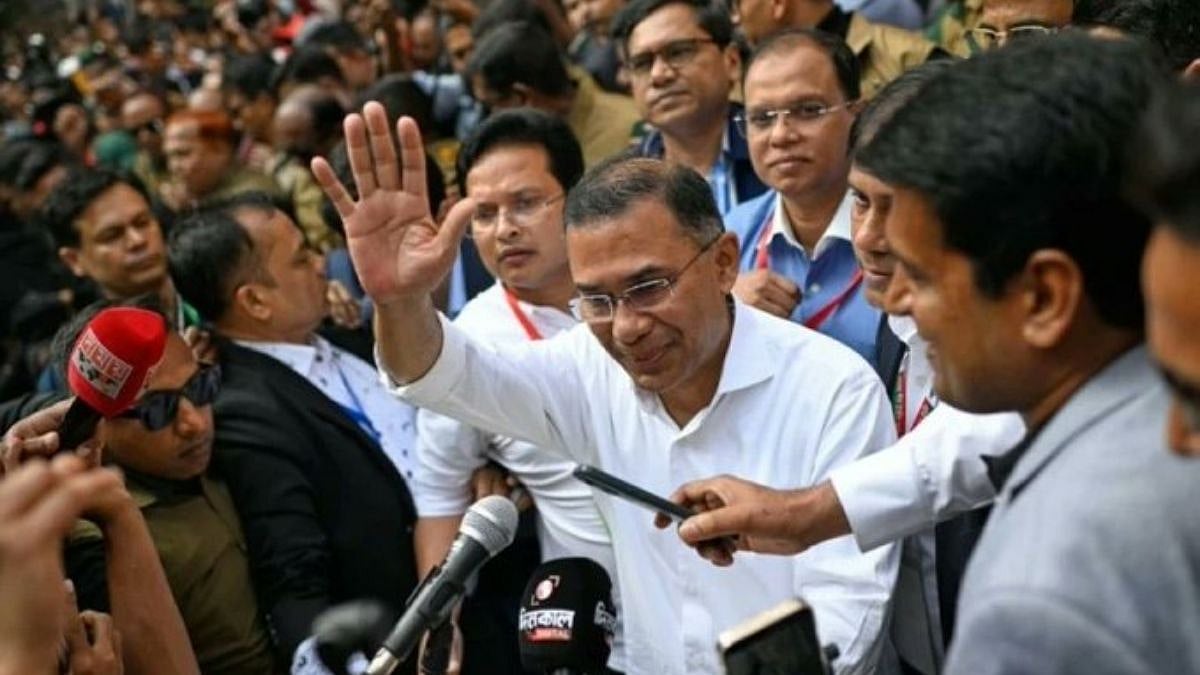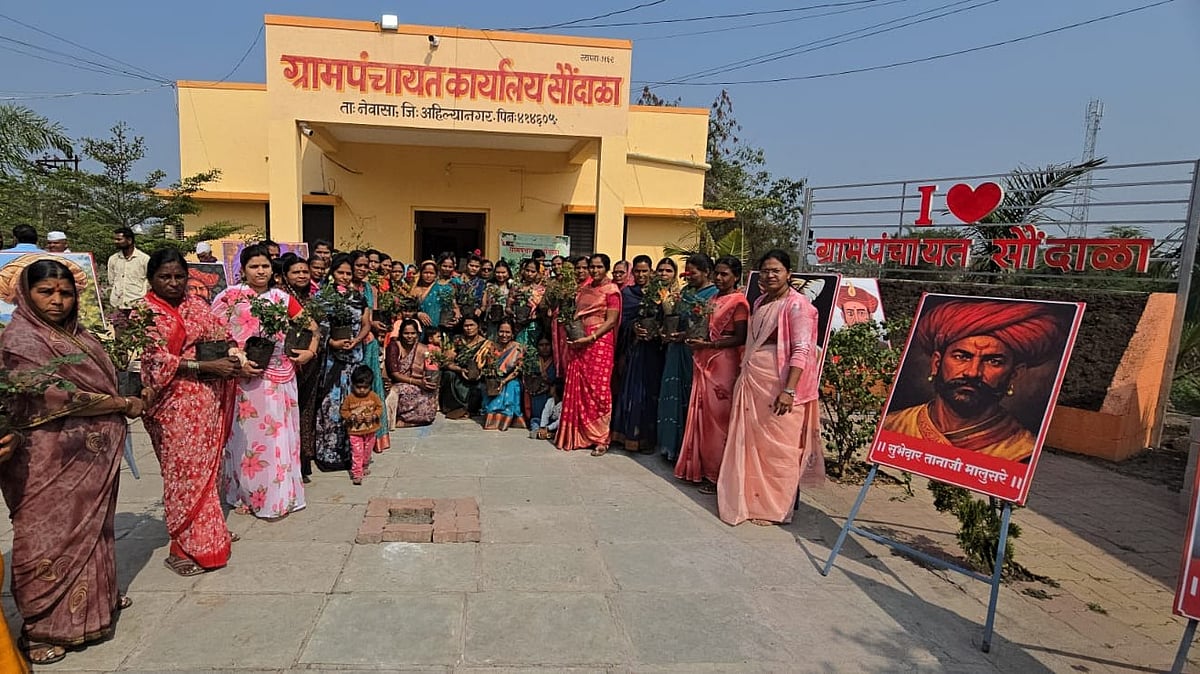The BRICS summit in Johannesburg has indulged in the same cliché-ridden statements that summits like this are known for but mercifully, paying lip service to combating terrorism is not the lone fallout from it. When, at the last summit in Xiamen in China, the five-member grouping comprising Brazil, Russia, India, China and South Africa named two Pakistani terror outfits— Lashkar-e-Taiba and Jaish-e-Mohammad — in its final declaration as rogue outfits there was virtual euphoria in Indian circles. But it is now clear that in real terms this amounted to nothing. Even China, which has the clout and leverage to influence Pakistan to take punitive action did nothing to deal with recalcitrant outfits which have been fuelling terror and mayhem in Jammu and Kashmir. Cleverly, Lashkar changed its name, taking the name of its charitable wing Jamaat-ud-Dawa and when its credentials began to be questioned it contested the national and state elections in Pakistan as Allah-O-Akbar Tehreek, a little-known party. That it was mauled in the polls, not winning a single seat was an index of its low esteem among voters.
The Johannesburg summit made gains in other areas. Considering that the summit was being held in the backdrop of the US trade war which is likely to hit all five nations of the group, this was an opportunity to consolidate intra-BRICS trade through reduced tariffs. For India, the economic benefits could accrue from not only cultivating the Russia-China axis as a counterweight to the US which is becoming increasingly inward-looking, but also to project its market as wide open for a higher level of investments from these countries. The outreach to Africa especially in the shape of China-India collaborative projects could prove lucrative for both countries. There is indeed no denying that there is tremendous scope for India-China joint ventures to develop the backward regions of Africa. That Xi Jinping and Modi are duly hooked on this is a hopeful sign of working together which BRICS interactions have facilitated.





